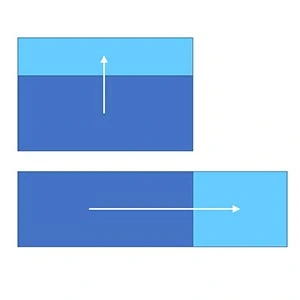Thanks, Matt. Actually it's taken me a long time in interacting with my autistic peers to come to grips with how differently many of us process executive functioning. Where there are those with varying difficulties in cognitive reasoning processes but also those who may have virtually no resources to draw upon when it comes to such thought processes. Further impacted by possible comorbid conditions like ADHD that can make such thought processes even more difficult.
Given the nature of Cliff's concern as an educator, I'm just wondering how much in the way of neurological background information he is capable of accruing on his students- if any. That it's critical to grasp how individually different-
and capable or not we on the spectrum can actually be when it comes to executive functioning, and any other conditions that may impact cognitive reasoning.
I know the NIH has a lot to say on this issue, although it's not easy reading. But there are some passages that are quite explicit along such lines: "Furthermore, the most consistent and striking difficulties are seen on tasks that are open-ended in structure, lack explicit instructions and involve arbitrary rules."
So it likely does become incumbent on an educator to figure out how to narrow down an exercise and compartmentalize it sufficiently for an autistic mind to grasp and get around such hurdles, if and when possible.
Personally I believe that executive functioning is at the heart of our ability to lead independent lives as adults. Even more so than whatever deficits we may have with social interaction in general.
Metacognitive Aspects of Executive Function Are Highly Associated with Social Functioning on Parent-Rated Measures in Children with Autism Spectrum Disorder
